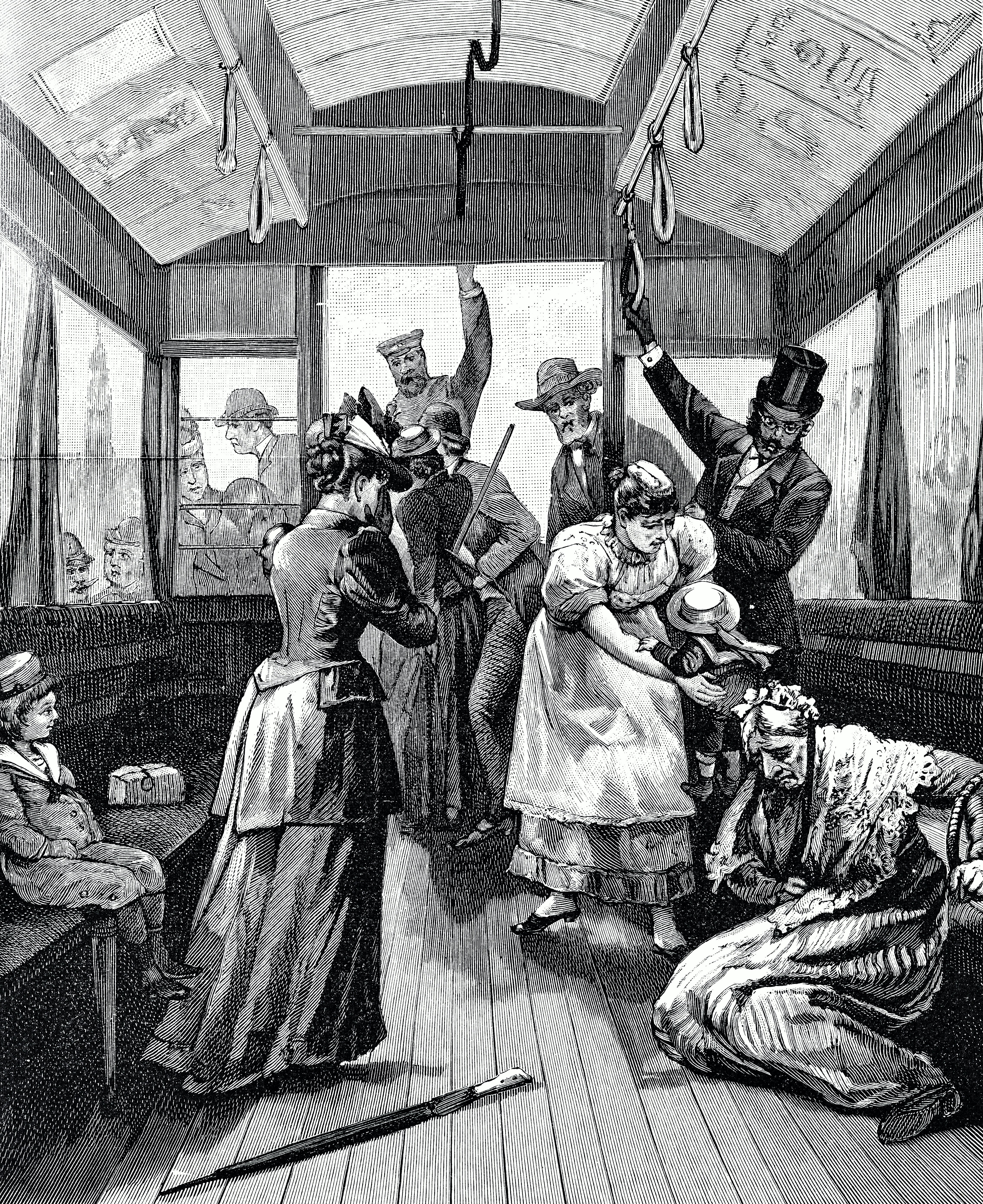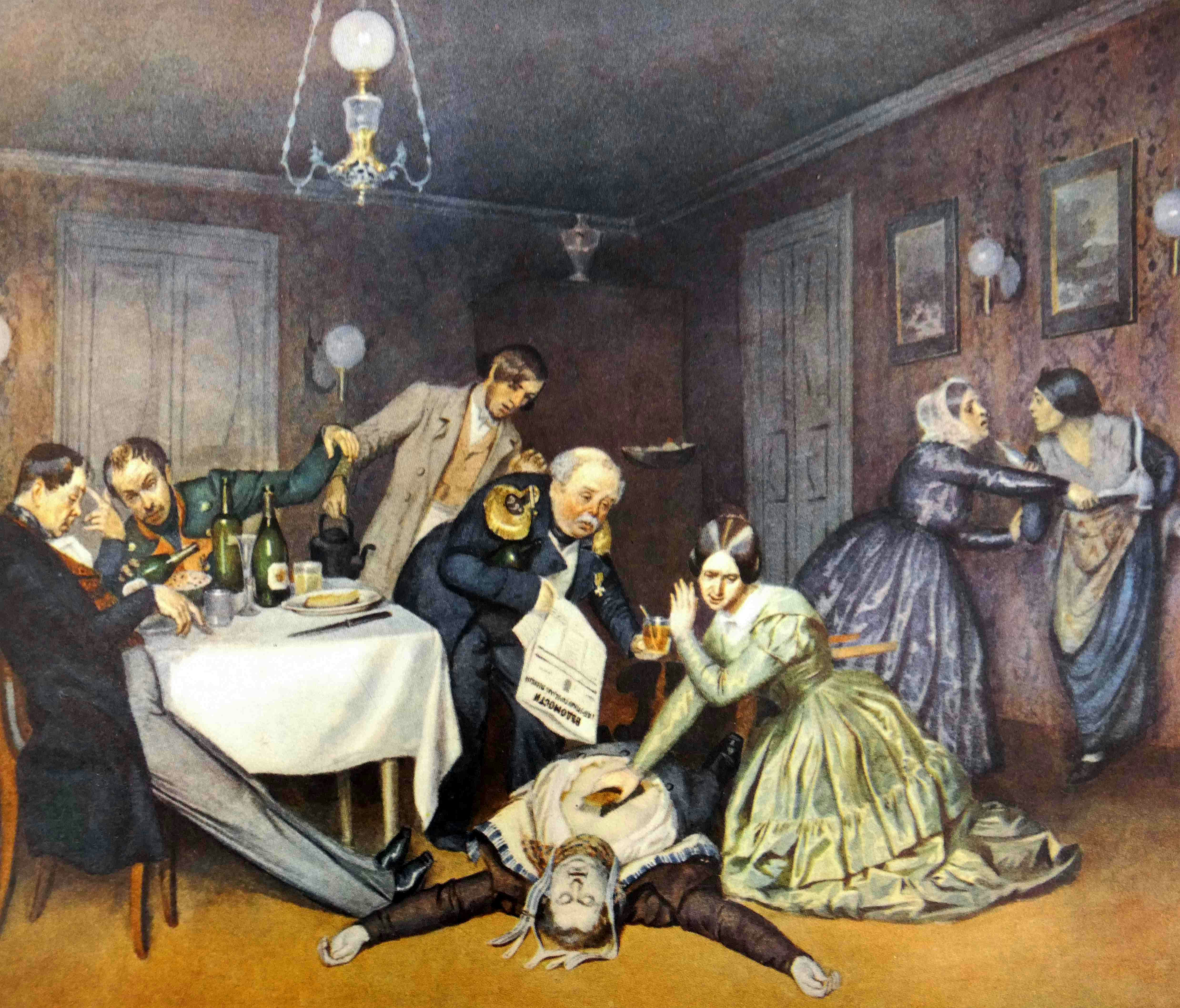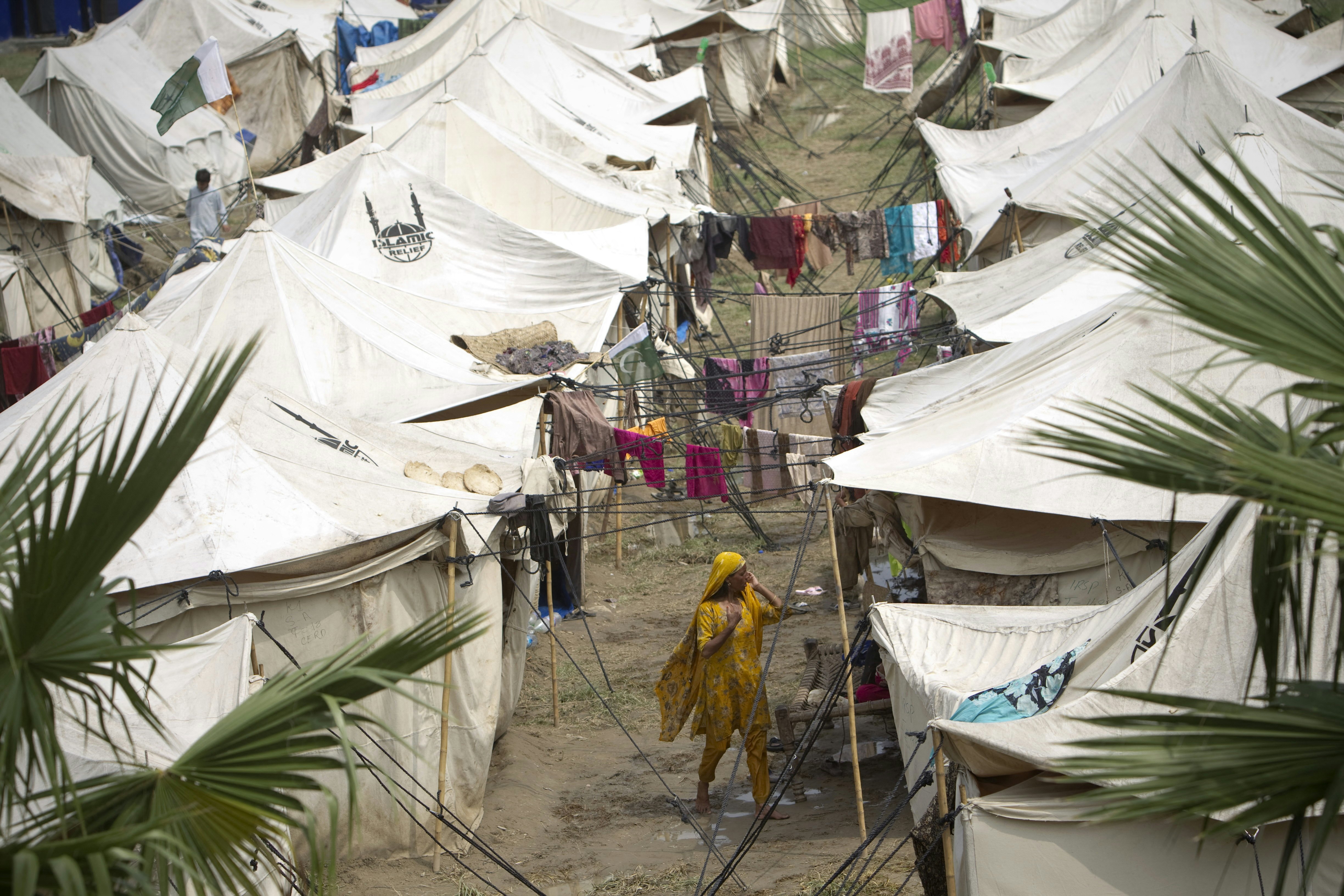
Cholera, or “the blue death” as it is sometimes called, is often thought of as a disease of the distant past. This is far from true. The world is still in the midst of a cholera pandemic, unbeknownst to many.
Both incredibly deadly and easy to cure, cholera is a curious disease. It kills through dehydration, turning its victims skeletal and blue as a result of the loss of fluids. Yet all but the most severe cases can be treated with oral rehydration solutions like Pedialyte. It can also be prevented with basic sanitation measures; it spreads via food or water contaminated with “rice water” — victims’ starchy diarrhea.
We fully understand how to both prevent and cure this horrific disease, so why is there an ongoing cholera pandemic? And what does this have to do with Covid-19? The answer reveals a huge problem with our current Covid-19 strategy — and what we might do to change the course of the pandemic.
The history of cholera

Cholera has swept the world in seven distinct pandemics. The seventh is still raging in sub-Saharan Africa, Mexico, the Caribbean, Oceania, and Southern Asia. Cholera was first identified in 1817, seemingly emerging from the swamps of the Ganges Delta in India. Since then, it has been responsible for 50 million deaths worldwide. There are still nearly 3 million cases and 100,000 deaths each year. Yet this pandemic is virtually unknown in the Global North, despite its breadth and massive casualty rate.
Cholera is not a disease of the past. It is a disease of the impoverished.
This has always been true to some extent. In prior cholera pandemics, the areas hit the hardest were the poorest slums in major population centers. The disparity between the deaths of the rich and the poor was so extreme that, during one pandemic, riots broke out across Europe. Many among the poor suspected the rich were exposing them to cholera through negligence or even deliberately poisoning them.
The greatest scientific minds of the mid-1800s subscribed to miasma theory (the idea that illness was caused by bad smells and stagnant air). Miasma theory emphasized removing sewage from human surroundings as quickly as possible, which often meant depositing it in the nearest river. This exacerbated the problem, as local rivers were the main drinking water supply for most in a pre-municipal plumbing society.
“Cholera is not a disease of the past. It is a disease of the impoverished.”
It was not until the brilliant work of John Snow, a doctor who conducted thorough examinations of the lifestyle factors of those dying of cholera in a particularly impoverished district of London, that the truth about cholera was uncovered. Snow is the father of epidemiology and the first to carefully interview people about their habits and to investigate how these may have led to their sickness. He charted deaths in that London neighborhood and they converged around a single source; the Broad Street Water Pump, which connected to a shallow well infected by a nearby cesspit.
Snow’s observations were so precise he traced the outbreak in this neighborhood to a local patient zero. He petitioned to have the pump handle removed, and afterward, deaths plummeted. He showed that cholera was, and is, in the water.
The story of John Snow proves that the solution for cholera is not on the individual, but must be the systemic improvement of public health infrastructure. Likewise, the solution for global cholera will come through systemic investment in global public health.
Cholera and Covid-19

The cure for cholera is as simple as sugar and salt mixed with water (simple electrolyte solution for rehydration), and prevention is as simple as ensuring that drinking water is clean. Yet 100,000 die each year regardless. Cholera still exists because of unequal access to sanitation. If we don’t radically change how we approach global public health, coronavirus could end up the same way.
We’re already seeing evidence of this, from rich countries hoarding personal protective equipment to those same countries refusing to break vaccine patents.
“It is now 200 years since the cholera pandemics began, more than 150 years since the bacteria was identified, and 60 years since an inexpensive treatment and vaccination regime was developed,” Neil Singh, who is also a doctor, writes in a May 2020 article for The Guardian.
“And yet still this contagion is plaguing some countries as if none of that progress had ever happened. That is the real lesson of cholera.”
Singh’s article ends with a dire warning: “History will judge us not just on who dies from coronavirus today, but in the centuries to come.”
“With Covid-19, we have an opportunity to avoid the mistakes of past plagues.”
Almost two years later, we haven’t done much to heed his warning. Vaccines might be readily available in the United States of America, but vaccination rates are dangerously low in many of the same countries still plagued by cholera. You can boost all you want, but until we treat Covid-19 worldwide, new variants will continue to emerge.
With Covid-19, we have an opportunity to avoid the mistakes of past plagues, but the only way that this will happen is if we pay attention not just to how the rich are faring, but to how the poor are coping, too.
We must demand change in the way we address global public health. A pandemic cannot be solved by an epidemic response, it must be met with a global response.
The tale of our times will undoubtedly be Covid-19. Will it be a story of victory, of humanity united against a common enemy? Or will it be a story of old biases and well-trod inequities, leading to an inevitable result?







